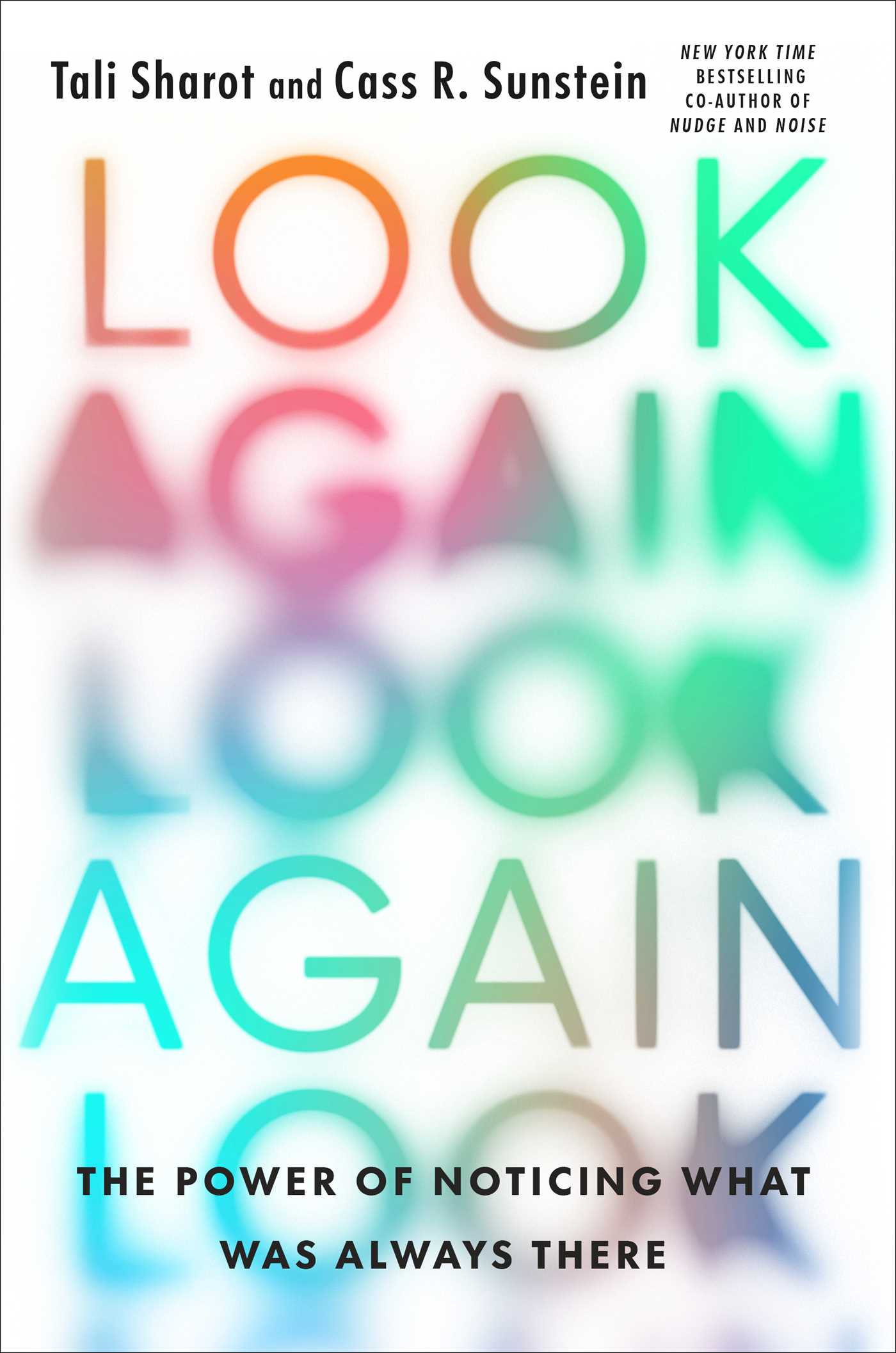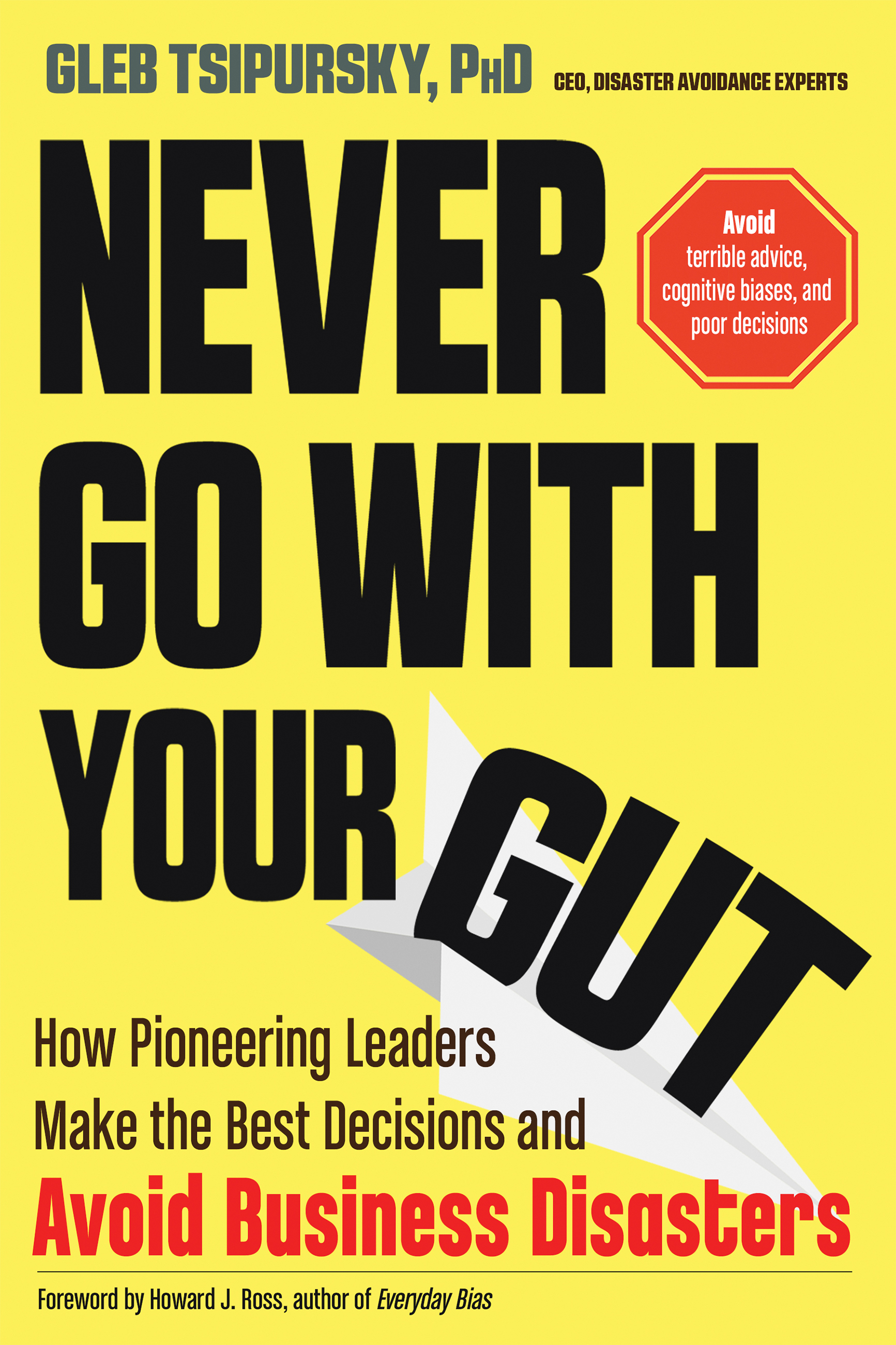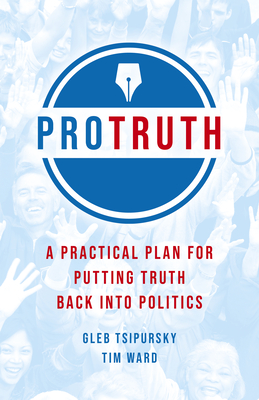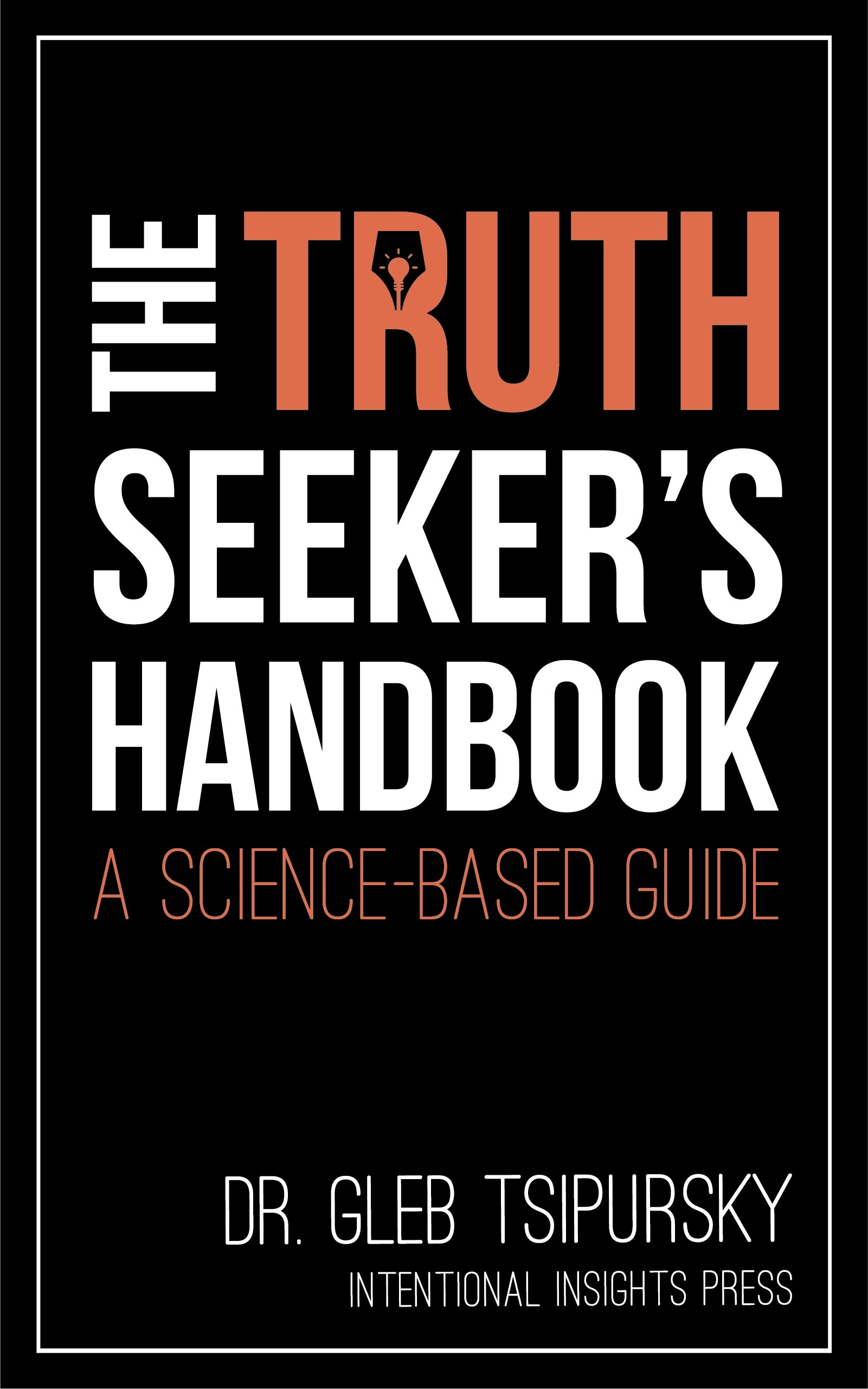
The Blindspots Between Us: How to Overcome Unconscious Cognitive Bias and Build Better Relationships
Book Description
What if the greatest obstacles to connection lurk in your own mind? In *The Blindspots Between Us*, Gleb Tsipursky unveils the hidden cognitive biases that sabotage relationships and distort perceptions. With gripping insights and practical strategies, this eye-opening guide empowers readers to confront their unconscious barriers, transforming conflicts into collaboration. Each page unravels the mystery of human behavior, offering a roadmap toward deeper understanding and empathy. As the clock ticks on relationships and trust, can you identify the blind spots that hold you back from authentic connection?
Quick Book Summary
"The Blindspots Between Us" by Gleb Tsipursky explores the ways our unconscious cognitive biases act as hidden barriers to meaningful relationships and clear communication. Drawing on psychology and neuroscience, Tsipursky reveals how these blindspots color our perception, trigger conflict, and undermine trust—often without our awareness. The book combines relatable examples, real-life scenarios, and research-backed tools to help readers identify personal biases, understand their origins, and neutralize their negative effects. Practical exercises and reflection questions guide readers to become more mindful, empathetic, and deliberate in their interactions. Ultimately, Tsipursky offers a roadmap for transforming everyday misunderstandings into opportunities for genuine connection, collaboration, and growth, both at home and at work.
Summary of Key Ideas
Table of Contents
Understanding Cognitive Blindspots
We all harbor unconscious errors in thinking—known as cognitive biases—that profoundly affect our relationships. These hidden tendencies evolved as mental shortcuts but often mislead us, causing us to jump to conclusions, misinterpret others, and inadvertently sabotage our interactions. Gleb Tsipursky explains how biases such as confirmation bias, the halo effect, and anchoring influence everything from everyday conversations to crucial decisions. Recognizing these blindspots is the first essential step toward fostering authentic connection.
How Bias Impacts Relationships
Cognitive biases regularly distort our perceptions of other people, leading to misunderstandings and friction in personal and professional relationships. Tsipursky illustrates how unchecked biases spark conflict, erode trust, and prevent effective collaboration. By bringing unconscious tendencies into conscious awareness, we become empowered to interpret situations more accurately and to communicate in ways that promote understanding instead of division.
Identifying and Challenging Personal Biases
To change our patterns, Tsipursky offers frameworks for identifying and challenging personal biases. Self-reflection plays a crucial role, coupled with tools for reality-checking assumptions and seeking diverse perspectives. The book encourages readers to ask open-ended questions, verify interpretations, and develop curiosity about differing viewpoints. This iterative process helps break the automatic loop of biased thinking and opens pathways to growth.
Practical Strategies for Overcoming Bias
Tsipursky introduces practical strategies for reducing the influence of bias both individually and within groups. These include mindfulness-based exercises, structured feedback, and setting up deliberate checks for objectivity. Role-playing, journaling, and empathy-building activities also feature prominently, arming readers with concrete methods to improve their awareness and response to bias in real time.
Building Empathy and Sustainable Connections
Ultimately, "The Blindspots Between Us" highlights empathy as the cornerstone of more honest, collaborative relationships. By continually practicing self-awareness and challenging our assumptions, we foster deeper trust, resolve conflicts more effectively, and build sustainable connections. Tsipursky's approach not only benefits personal well-being but also strengthens organizations and communities by nurturing open, resilient channels of communication.
Download This Summary
Get a free PDF of this summary instantly — no email required.





